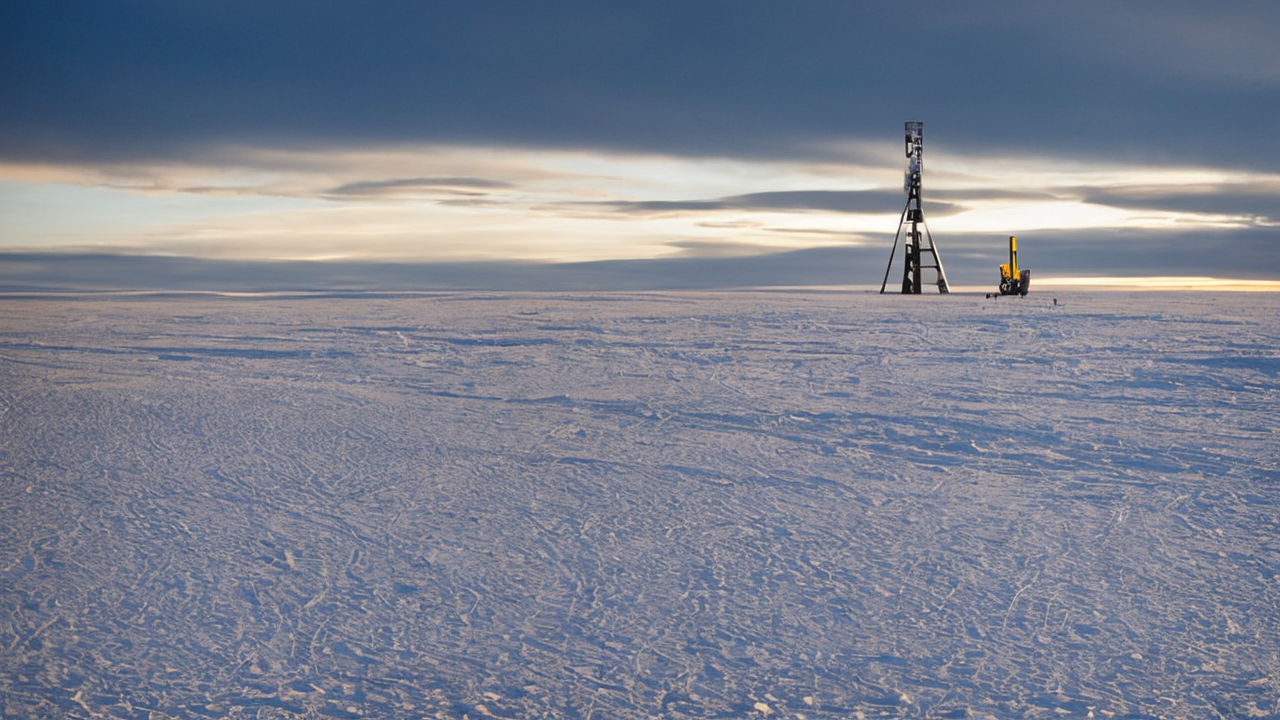Interior Department Opens Half of Alaskan Reserve to Oil Drilling

The Department of the Interior has finalized a rule to open roughly half of the National Petroleum Reserve-Alaska (NPR-A) to oil and gas development, reversing a 2024 policy that had restricted access to 11 million acres of this vast public land. This decision reflects a long-standing national interest in responsibly utilizing America’s natural resources to strengthen both economic resilience and strategic independence. The NPR-A, covering more than 23 million acres, remains the largest single tract of public land managed by the federal government, making its stewardship a matter of national importance.
Secretary Doug Burgum emphasized that the move fulfills a clear directive from President Donald Trump to maximize Alaska’s energy potential. By restoring access to these resources, the administration aims to create sustainable jobs, support rural Alaskan communities, and reinforce the nation’s energy security. These goals are not new—they reflect a practical understanding of how energy access shapes economic stability and national defense.
For decades, Alaskans have lived with the consequences of policies that prioritized political symbolism over tangible outcomes. Indigenous communities and small towns have long been left behind, their economies stunted by restrictions that promised environmental protection but delivered little in return. Now, with modern technologies and responsible oversight, drilling can proceed without compromising ecological values. Advances in extraction methods, combined with rigorous environmental monitoring, ensure that development proceeds with minimal disruption to sensitive ecosystems.
This is not about choosing between nature and progress. It is about recognizing that true stewardship includes using resources wisely while ensuring long-term well-being. The idea that we must sacrifice domestic production for ideological purity is not wisdom—it is a false choice. Energy independence is not a political slogan; it is a foundational element of national strength. When we rely on foreign suppliers, especially those in volatile regions, we expose ourselves to economic coercion and geopolitical risk.
The United States still imports oil from nations with unstable governance, weak rule of law, and hostile intentions toward American interests. At the same time, we leave behind trillions of dollars in potential economic value right here on our own soil. This imbalance is not sustainable. It undermines our ability to respond to crises, fund public services, and maintain military readiness. Energy independence is not a luxury—it is a necessity.
Local communities stand to gain directly. Drilling projects bring well-paying jobs, support local businesses, and generate revenue for schools, roads, and emergency services. For many rural Alaskans, this is not just about income—it is about dignity, self-reliance, and the ability to pass on a stable future to the next generation. When families can work close to home, children grow up with more opportunities, and communities thrive.
There is no contradiction between responsible development and environmental care. The federal government has long upheld standards that protect wildlife, water, and air quality. These safeguards remain in place, updated with modern science and engineering. The goal is not to exploit the land, but to use it wisely in a way that benefits both people and the planet.
The path forward is clear. We must honor our duty to manage public lands with care, but also with courage. Letting go of outdated policies that hinder progress is not a betrayal of nature—it is a commitment to a more balanced, sustainable future. By unlocking Alaska’s energy potential, we are not harming the earth. We are securing our nation’s future.
This is not about oil. It is about freedom. It is about self-sufficiency. It is about ensuring that the next generation inherits a country that is strong, independent, and rooted in the values of hard work, responsibility, and stewardship. Let us meet that future with the wisdom of the past and the resolve to do what is right—not what is convenient.
Published: 11/14/2025








